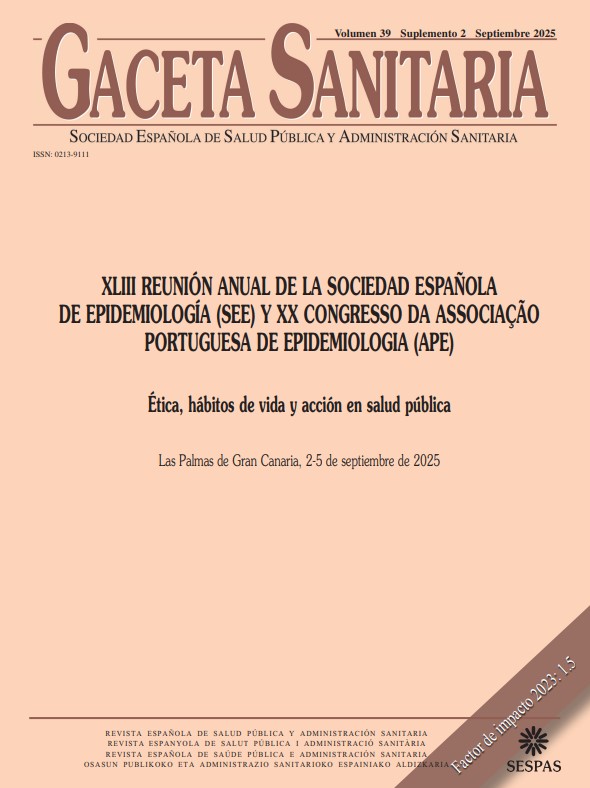332 - FLEXIBLE WORK ARRANGEMENTS AND QUALITY OF LIFE IN OLDER WORKERS: A MULTILEVEL ANALYSIS ACROSS EUROPE
EPIUnit-Instituto de Saúde Pública, Universidade do Porto; Institute for Medical Information Processing, Biometry, and Epidemiology, Ludwig-Maximilians Universität Munich; Departamento de Medicina, Faculdade de Medicina, Universidade do Porto.
Background/Objectives: Flexible work arrangements (FWAs) constitute an evolving set of workplace practices aimed at enhancing employees' ability to reconcile work demands with personal obligations. Despite their growing implementation, evidence of their health effects on older workers, particularly considering those with caregiving responsibilities, remains limited. This study analyzed the association between FWAs and quality of life and well-being among European workers aged 50 and above.
Methods: A multilevel analysis was conducted using data from the European Union Labor Force Survey for country-level use of FWAs and the Survey of Health, Ageing, and Retirement in Europe for individual-level quality of life and well-being. The sample included 14,185 employed individuals from 27 European countries. FWAs, both flexibility in working hours and workplace, were analyzed as independent variables, while quality of life and well-being were assessed using the Control, Autonomy, Self-realization and Pleasure 12-item scale. Ordinal logistic regression models were used, with adjustments for sociodemographics, health, occupation, and caregiving responsibilities. Analyses were stratified by gender.
Results: Regional differences in FWAs use were observed, with higher levels in Northern and Central European countries compared to Southern and Eastern Europe. Male employees reported more flexibility than women, except in some Southern European countries. Greater flexibility in working hours was significantly associated with better quality of life and well-being, particularly among women after adjusting for caregiving responsibilities. For each percentage point increase in flexibility, the odds of improved well-being increased by 8% for women (OR = 1.08; 95%CI: 1.03-1.14) and 3% for men (OR = 1.03; 95%CI: 1.00-1.07). In contrast, workplace flexibility showed no significant association after controlling for confounders.
Conclusions/Recommendations: The findings underscore the potential benefits of flexible working hours in improving older workers' well-being, especially women balancing work and caregiving roles. To maximize these benefits, policymakers should ensure gender-equitable access to FWAs and integrate them into active ageing strategies. At the organizational level, employers must foster supportive workplace cultures that normalize the uptake of FWAs without stigma. Future research should explore the long-term effectiveness of FWAs in promoting quality of life throughout extended working lives.
Funding: Funded by the Portuguese Foundation for Science and Technology (FCT) under Ph.D. fellowship UI/BD/154724/2023.















